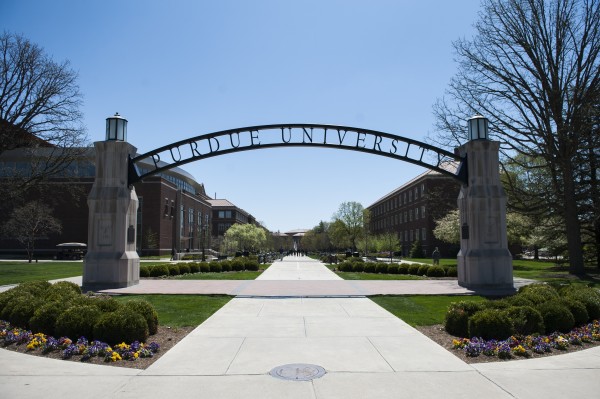Treating students as stocks, investors front college tuition
With college costs higher than ever before, and families taking on more debt to pay for college, some students have sought alternative routes to finance their education.
Some students are now using income-share agreements, or ISAs, to help pay for college. With an ISA, students get money from investors and they agree to pay a percentage of their future income to those investors over a set period of time.
According to The Hechinger Report, ISAs are a newer initiative here in the U.S. that some colleges are now offering as part of financial aid packages to help give students who don’t want to take on student debt another option.
Purdue rolling out ISA program
Purdue University has taken the lead on this initiative in the U.S., by rolling out a program that will add ISAs to juniors’ and seniors’ financial aid packages this fall. According to the Washington Post, they’re the first U.S. university to experiment with ISAs in more than 40 years.

As a response to rising college debt, Purdue University is rolling out a new program that will allow investors to front students’ tuition in exchange for a percentage of their future earnings. [Photo credit: Matthew Thomas, Purdue University via The Hechinger Report]
One benefit of financing college through an ISA is that you’re protected from having to pay back your loans if your income is below a certain level. According to The Hechinger Report, if students earn less than about $20,000 a year, they pay nothing.
And when the repayment period is over (between 10-20 years) students do not have to continue to pay anything. This contrasts with traditional methods of delaying or reducing student loan payments, such as deferment or forebareance. With these programs, interest will usually continue to compound and drive up the student loan balance.
Why student loans may be a better choice
There are some downsides, however–if you land a high paying job after college and continue to make good money, you may pay more than you would have if you had taken out a regular student loan instead.
The risk involved means student loans are generally a better idea if you think you’ll make a lot of money. And even if you know you’re entering a lower paying field, there are repayment options, such as Income-Based Repayment or the Pay As You Earn program, that can help reduce your payments and set your repayment term to a fixed number of years.
Also, with ISAs, unless you never make more than a very low salary, you won’t have the option to get your debt forgiven, the way you can with programs like Public Service Student Debt Forgiveness for student loans.
That being said, ISAs can be a good option for students who have maxed out their student loans and need to make up the difference, or for people who are worried they may not make enough money to pay back all of their loans. Private student loans are another option for students and families who also have a gap between what their financial aid package covers and the full cost of college.
Figuring out the best way to pay for college
If the Purdue initiative is successful, experts say ISAs will likely be a part of more colleges’ financial aid packages in the future.
While more options are always a good thing, it can be tricky for families to figure out how to pay for college.
If you need help figuring out how to finance a college education, whether for yourself or someone in your family, we can help you sort through your options, find affordable schools and maximize your financial aid package. Call us at 1-888-234-3907 or contact us here for a free consultation.
affording college, college costs, college loans, financial aid, financial aid counseling, paying for college
